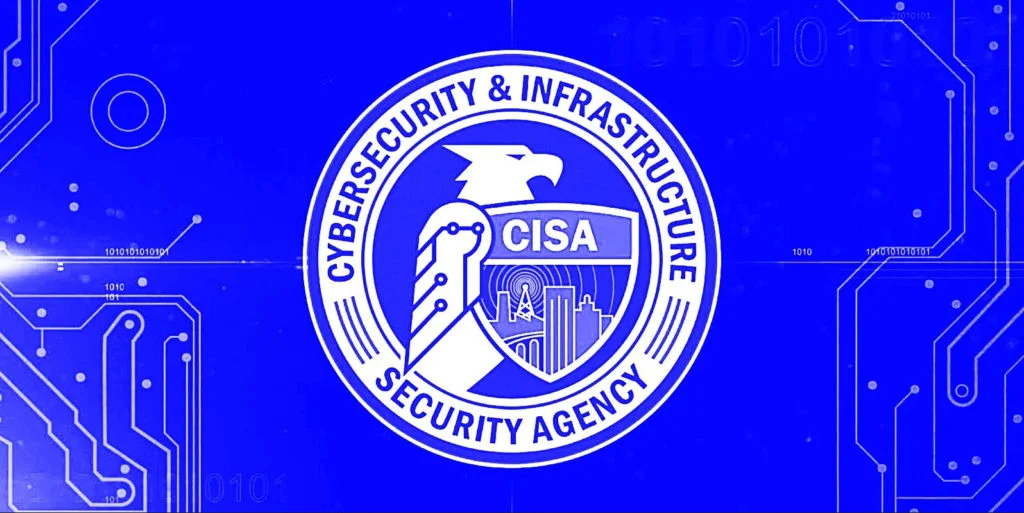In recent years, ransomware attacks have become a critical threat to American organizations, causing significant disruptions across various sectors. These attacks have forced schools to close, hospitals to divert patients, and businesses in diverse industries to face operational upheavals. The costs of mitigation and recovery have been astronomical, and the need for a robust defense mechanism has never been more pressing.
CISA’s Commitment to Reducing Ransomware Impact
At the Cybersecurity and Infrastructure Security Agency (CISA), a concerted effort is underway to combat this menace. Working in partnership with various stakeholders, CISA is dedicated to reducing both the frequency and severity of ransomware attacks. An important part of this initiative is the recent launch of programs aimed at helping organizations swiftly address vulnerabilities often exploited by ransomware perpetrators.
Launch of the Pre-Ransomware Notification Initiative
CISA has announced a significant stride in its anti-ransomware campaign: the Pre-Ransomware Notification Initiative. This initiative, which is already making substantial headway in mitigating ransomware damage, is part of the broader efforts of the interagency Joint Ransomware Task Force.
The Essence of Early Warnings
The core principle of this initiative hinges on the fact that ransomware actors typically spend time within a target’s network before executing their encrypting or data theft activities. This period, which can range from several hours to days, presents a critical window for intervention. By issuing early warnings to organizations, CISA can empower them to expel the ransomware actors before they inflict significant harm. These notifications can drastically reduce potential data loss, operational impact, financial damage, and other detrimental effects of ransomware deployment.
Collaboration and Intelligence Gathering
The success of this initiative relies heavily on the Joint Cyber Defense Collaborative (JCDC). The JCDC receives invaluable tips from the cybersecurity research community, infrastructure providers, and cyber threat intelligence firms about early indicators of ransomware activities.
Upon receiving a tip, the field personnel swiftly engage with the affected organization, providing specific mitigation guidance. For international cases, collaboration with CISA’s global CERT partners will ensure timely notifications.
Tangible Results and Continued Efforts
Since the beginning of 2023, CISA has notified over 60 entities across critical sectors such as energy, healthcare, water/wastewater, and education about potential pre-ransomware intrusions. Many organizations successfully identified and remediated these intrusions, preventing further damage.
For instances where encryption has already occurred, the JCDC works closely with the affected entities, offering insights into the threat actors’ tactics, techniques, and procedures (TTPs), and guiding them through the mitigation process. Contribution is also made to the broader cybersecurity community with the development of advisories on ransomware actors and variants, enhancing network defenses on a larger scale.
The Importance of Reporting and Collaboration
Ongoing collaboration and information sharing are crucial to fortify our collective cyber defenses. Organizations are urged to report any ransomware-related activities, including indicators of compromise and TTPs, to CISA or their federal law enforcement partners. This not only aids in immediate response but also enriches the pool of intelligence that can preempt future attacks.
Information on ransomware reporting and additional resources for managing ransomware risks are available at stopransomware.gov.
Dimitris is an Information Technology and Cybersecurity professional with more than 20 years of experience in designing, building and maintaining efficient and secure IT infrastructures.
Among others, he is a certified: CISSP, CISA, CISM, ITIL, COBIT and PRINCE2, but his wide set of knowledge and technical management capabilities go beyond these certifications. He likes acquiring new skills on penetration testing, cloud technologies, virtualization, network security, IoT and many more.
